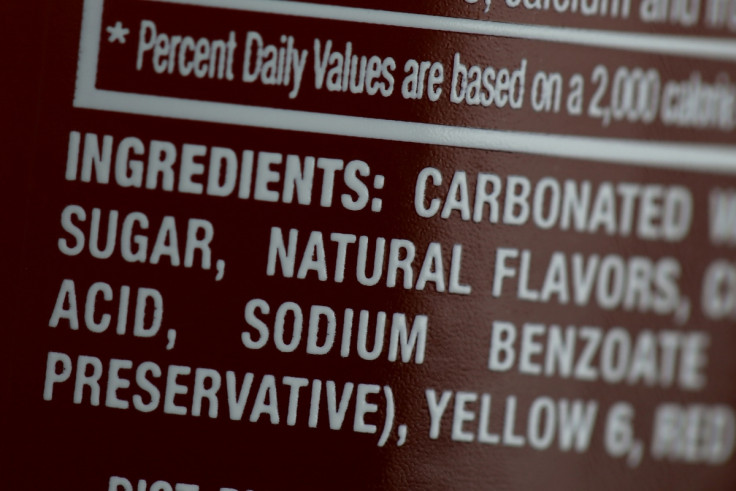Sugar tax: Should we pay more for unhealthy soft drinks?

Sugary drinks should be hit with an extra 20% levy because of their role in fuelling an obesity crisis, particularly among children, that is costing the NHS billions of pounds to treat, according to MPs on the House of Commons health select committee.
The committee's report has recommended a tax on soft drinks with a high sugar content, with the revenue going towards improving public health, because it would sends a strong message to parents to choose a healthier option, and could drive down sales by encouraging a change in people's behaviour.
The government body Public Health England said 29% of the sugar consumption of children aged 11-18 was from sugary drinks. One fifth of children were overweight or obese when they started school, it said, with those from poorer households disproportionately affected.
"We believe that if the government fails to act, the problem will become far worse," said Dr Sarah Wollaston MP, chair of the health committee. "A full package of bold measures is required and should be implemented as soon as possible. We believe that a sugary drinks tax should be included in these measures with all proceeds clearly directed to improving our children's health."
But critics of the proposed tax argue that the government is meddling in people's lives and will take more money out of the pockets of those on low incomes.
"Taxing soft drinks is an assault on the poor that has never been shown to reduce obesity anywhere in the world," said Christopher Snowdon, director of lifestyle economics at the thinktank Institute of Economic Affairs. "It merely pushes up the cost of living and encourages people to buy budget brands from cheaper shops. This is exactly what happened when Denmark introduced its disastrous fat tax."
Kate Andrews, research fellow at the thinktank Adam Smith Institute, said."Despite sugar consumption falling over the last two decades, the government still insists on involving itself in every nook and cranny of our day-to-day lives. It's not consumers, but the nanny state, that needs a set of rules to rein in its excessive behaviour. A 'centrally led reformulation programme to reduce sugar in food and drink' will put the government at the helm of what we consume daily [...] The government is meddling in decisions that are best left to parents and families."
© Copyright IBTimes 2025. All rights reserved.






















